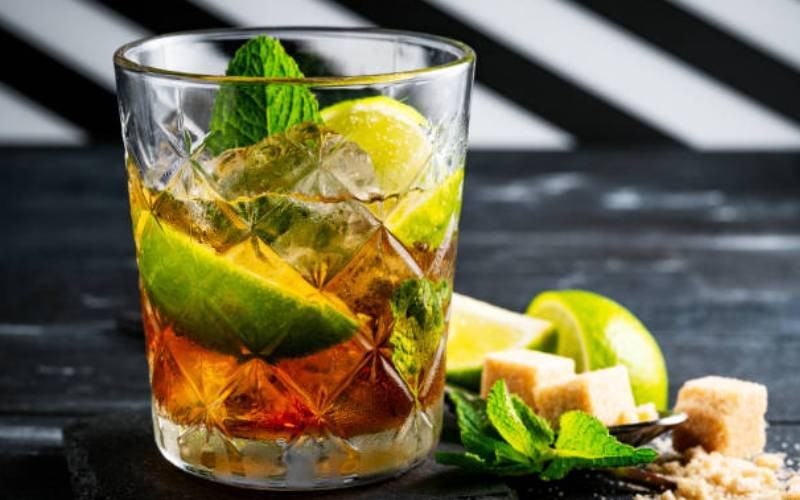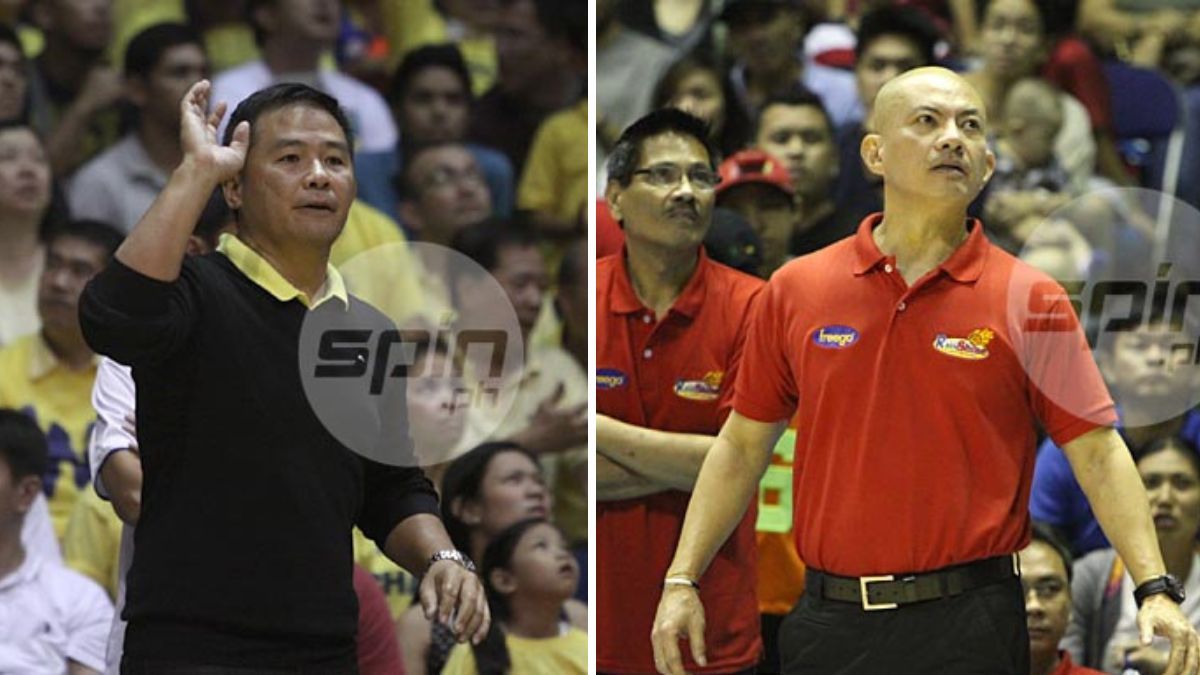
Consumers may still be feeling the squeeze from inflation, but that doesn’t mean they aren’t willing to spend more for premium products – a sentiment that’s carried over into the bottled water category.
According to Circana, a Chicago-based market research firm, the still, unflavored bottled water category climbed 0.8% year-over-year to $17.7 billion in dollar sales in the 52-week period ending December 29. Private label retained the top spot for nonflavored bottled still water, growing 3.6% to $6.9 billion, but Coca Cola-owned Smartwater took second place, growing sales 5.1% to $1.4 billion, representing an 8.1% category share in MULO and c-store accounts.
When Coke acquired Energy Brands, Inc. (a.k.a. Glaceau) for $4.1 billion in 2007 to expand its non-carbonated beverage portfolio, the company called flagship Vitaminwater the “ultimate and enduring icon of refreshment.” Fast forward nearly two decades and Vitaminwater’s growth has slowed, but Smartwater has long since emerged as the multinational beverage giant’s H2hero, a premium bottled water that has displaced sister brand Dasani as Coke’s category killer.
“At that time, Vitaminwater was 85% of the total business, and Smartwater was [approximately] 15%; it was almost an afterthought. Nobody paid close attention to it,” said Hal Kravitz, former SVP of Glaceau’s franchise and commercial operations at Coca-Cola. However, once the bottlers got their hands on the product, “they took the ball and ran with it.”
Kravitz continued, “I think Smartwater had the most staying power, and I think Coca-Cola realized it and continued putting marketing money behind it. It was high margin and was starting to own that [premium] category.”
In 2023, Smartwater finally usurped PepsiCo-owned Aquafina’s longstanding spot as the top-selling bottled still water brand in retail. According to Circana, in the 52-week period ending December 31, 2023, the brand grew 14.1% to $1.3 billion, representing an 8.8% dollar share of the category. Aquafina, in comparison, fell 6.9% to $1.2 billion, a 7.7% category share.
How to account for Smartwater’s surge? According to Kravitz, distribution has played a key role. Whereas imported brands like FIJI (The Wonderful Company) and Evian (Danone) change distribution systems “all the time,” Glaceau has a strong distribution system and retailer support under Coke.
After years of price wars, what water brand leaders lamented as a “race to the bottom” to sell flimsy bottles of stock cases as cheaply as possible, Smartwater’s ascension meant that premium waters had finally risen to the top.

There’s been a generational evolution of the category since bottled water became “the great health and wellness beverage of the future” roughly 20 to 25 years ago, according to Kaumil Gajrawala, managing director of Beverage, Household Products and Healthy, Active, Lifestyle, and Outdoor (HALO) Strategies at Jefferies.
“As is often the case [in many categories], the industry ripped all the profitability out of [bottled water] with too many multipacks and too much undercutting on price,” he said. “[Now], there’s a lot of premium water plays that are profitable and fit better with what bigger companies are looking for.”
The premium bottled water market was valued at $36.19 billion in 2024 and is projected to grow at a CAGR of 7.5% between 2025 and 2030, per market researcher Grand View Research.
Last year, premium bottled water prices ranged from $22.73 (FIJI) to $33.45 (Evian) per 12-bottle case, according to the report. One thing that makes them attractive is the ability to sell them one at a time: unlike mass and value brands dependent on case pack purchases for profit, [premium water companies] “can make a lot of money without selling a lot of volume,” said Gajrawala, who believes the premium segment will continue to succeed amidst a complicated consumer environment.
Like Smartwater, Essentia has helped shape the category landscape. Founded by Ken Uptain in 1998, the brand – whose products have 9.5 pH or higher – is widely regarded as a pioneer of ionized alkaline water. In 2021, Nestlé USA acquired Essentia to expand its Premium Waters portfolio, which included Perrier, S. Pellegrino and Acqua Panna.
“Water as a category overall is bigger than colas in North America and there are so many different offerings,” said Scott Miller, former CEO of Essentia. “One of the things that was really interesting at Essentia was [that] consumers often talked about alkaline water and the function of the product.”
Premium waters seem to have the ability to be differentiated from each other: look at the alkalinity of Essentia, the electrolyte-tinged purity of Smartwater, the imported accent of Evian or Fiji.

But beyond the distinctive functionality in the bottle, a lot of times It’s just as much about what’s on the outside that counts, as evidenced by the influx of sustainability-focused packaging formats like rPET and aluminum in the premium segment over the past decade.
Hilo, Hawaii-based Waiakea Hawaiian Volcanic Water was one of the first brands to “draw a line in the sand” that all of its products that all of its products would use 100% recycled content packaging, according to founder and CEO Ryan Emmons, who noted recycled polyethylene terephalate (rPET) has the lowest environmental footprint, lower than that of glass and aluminum.
Waiakea saw sales soar 15.3% in the 52-week period ending December 29 – significantly outpacing the category – to $86 million. Emmons credits the growth to the brand’s capital efficiency and holding prices for retailers.
“We know that our product sells, and we really didn’t take advantage of inflation as much as other companies did. We didn’t have the same margin expansion in the past four years but ultimately I think it’s put us in a good position because we had a long term perspective in mind,” he said. “I think consumers appreciate where we’re sitting on an SRP basis.”
Founded in 2012, the brand produces a portfolio of naturally alkaline water filtered through volcanic rock and packaged in rPET bottles, available at over 45,000 points of distribution. Furthering its sustainability initiatives, the brand is gearing up to replace all carbon black ink on its labels with algae-based ink. Additionally, Waiakea is a founding partner of what it hopes will be Hawaii’s first bottle-to-bottle recycling facility, which would enable the state to achieve 90% circularity for all PET bottles.
“The world doesn’t need to buy packaged beverages. The world doesn’t need to buy bottled water. But if they do, I’d like to give them the option to feel good about what they’re doing,” said Emmons.
Elsewhere, 10-year-old PATH Water produces a range of bottled water, including still, sparkling and alkaline varieties, packaged in refillable, recyclable aluminum bottles. Most recently, the brand unveiled its Refill Rig, a high-capacity refill station designed to eliminate single-use plastic at scale.
The 300-gallon refill trailer, designed for events, stadiums and businesses, features a built-in reverse-osmosis filtration system, an electric water cooler, five touchless faucets, and a digital counter LED screen tracking the number of plastic bottles saved.

Even Smartwater has jumped on the aluminum trend, introducing 12 oz. cans of its signature vapor-distilled Smartwater and Smartwater Alkaline with Antioxidants last year.
“As the leading premium water brand, we have a responsibility to constantly iterate, improve and meet consumers where they are. Today, that means we’re in a package that fits shifting trends,” said Sadie Ellison, senior brand manager of Smartwater, in a press release for the launch.
“I think it’s obvious to say that aluminum is going to be taking share of overall, but what that does for category demand is a little harder to know,” said Gajrawala. “How much more will people drink? What happens to the bottles of water in the environment?”
Retailers are also taking notice of evolving consumer needs, inside and outside the bottle. Northeastern supermarket chain Stop & Shop, which is owned by Ahold Delhaize, said the biggest attributes impacting its vetting process for the brands it takes on are clean ingredients and packaging. The chain carries an array of premium brands, including Smartwater, Waiakea, PATH, FIJI and Evian, among others.
“Given the growing emphasis on sustainability and reducing plastic usage, we thought it was a smart move to get ahead of it,” said Edward Attubato, category manager of Beverage at Stop & Shop, adding that, as local ordinances placing restrictions on plastic bottles crop up, aluminum will likely continue to rise.
For beverage giants and startups alike, success in the premium bottled water category is largely determined by branding and authenticity. Smartwater has, in part, succeeded thanks to its heavy marketing efforts – the brand dropped a creative campaign for its aluminum cans in May including in-store signage inviting shoppers to “crack, sip, refresh.” Then, of course, there’s Liquid Death, whose “Death to Plastic” battle cry and provocative ad campaigns have earned the brand a cult-like following.
“The definition of if you’ve successfully branded yourself is whether you can charge a premium for it. If I were a startup, I would be extra focused on the branding, the messaging and making it really authentic and narrow,” said Gajrawala.
Miller had a similar sentiment, stating, “You’re certainly seeing consumers understand the value of functionality and the category has been able to get a little more pricing. I think we’re in an environment that’s going to continue to be a little tougher from a consumer standpoint, but there’s always consumers willing to pay more when they believe in the authenticity of the brand and the value it delivers.”


Join thousands of other food and beverage professionals who utilize BevNET Magazine to stay up-to-date on current trends and news within the food and beverage world.
Receive your free copy of the magazine 6x per year in digital or print and utilize insights on consumer behavior, brand growth, category volume, and trend forecasting.










